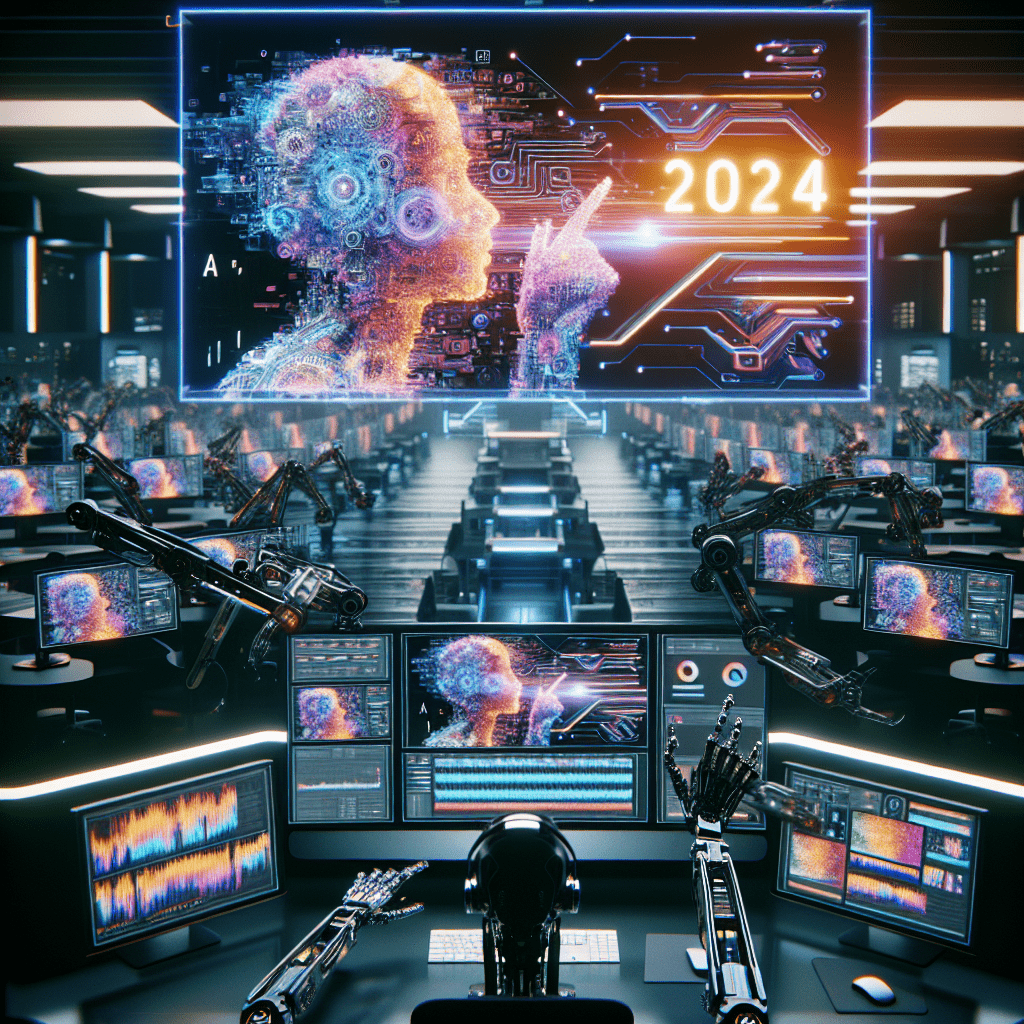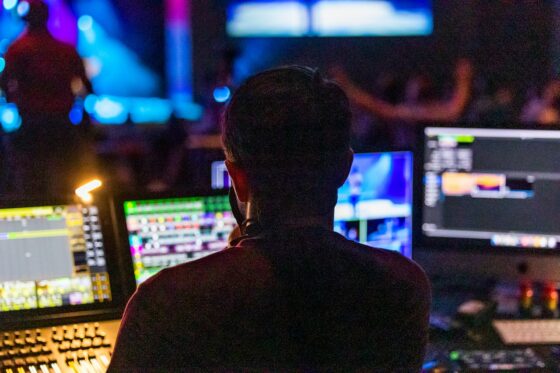
Artificial Intelligence (AI) has revolutionized various industries, and the field of video editing is no exception. With advancements in machine learning and deep learning algorithms, AI video editors are becoming increasingly sophisticated and capable of automating complex editing tasks. In this article, we will explore the current state of AI video editors and predict how they will evolve by 2024.
The Current State of AI Video Editors
AI video editors have already made significant strides in simplifying the editing process. They can analyze video footage, identify key moments, and automatically generate highlight reels. These AI-powered tools save time and effort for content creators, allowing them to focus on the creative aspects of their work.
One notable example of an AI video editor is Adobe’s Sensei. This AI-powered platform uses machine learning algorithms to automate various editing tasks, such as color correction, audio enhancement, and even content-aware video resizing. Sensei has been widely adopted by professionals in the film and television industry, streamlining their workflow and improving overall productivity.
The Evolution of AI Video Editors by 2024
As technology continues to advance, we can expect AI video editors to become even more powerful and intelligent by 2024. Here are some key predictions for their evolution:
1. Enhanced Video Analysis
AI video editors will become better at analyzing video content, allowing them to understand the context and meaning behind the footage. They will be able to identify emotions, objects, and even specific individuals in the video. This enhanced analysis will enable more accurate and personalized editing recommendations.
2. Natural Language Processing
By 2024, AI video editors will incorporate natural language processing capabilities, allowing users to give voice commands or provide textual instructions for editing tasks. This will make the editing process more intuitive and user-friendly, eliminating the need for complex software interfaces.
3. Advanced Automation
AI video editors will automate more complex editing tasks, such as scene transitions, visual effects, and even scriptwriting. They will be able to generate multiple editing options based on user preferences and style guidelines. This level of automation will significantly speed up the editing process and open up new creative possibilities.
4. Real-time Collaboration
Collaboration will be a key focus for AI video editors in 2024. These tools will enable real-time collaboration between multiple editors, allowing them to work on the same project simultaneously. AI algorithms will assist in merging and synchronizing edits, ensuring a seamless and efficient collaborative workflow.
Case Study: Magisto
Magisto is an AI-powered video editing platform that provides a glimpse into the future of AI video editors. It uses advanced machine learning algorithms to analyze video footage and automatically generate professional-looking videos. Magisto’s AI engine can identify key moments, apply appropriate transitions, and even add music based on the video’s mood.
With Magisto, users can simply upload their raw footage and let the AI do the rest. The platform’s intuitive interface allows users to customize the editing style, add text overlays, and make other adjustments. Magisto’s AI video editor has gained popularity among small businesses and social media influencers, enabling them to create engaging videos without any prior editing experience.
The Future Impact of AI Video Editors
The evolution of AI video editors will have a profound impact on various industries. Here are some potential implications:
- Increased Accessibility: AI video editors will democratize video editing, making it accessible to a wider audience. Small businesses, content creators, and individuals will be able to produce high-quality videos without the need for extensive technical skills.
- Improved Efficiency: AI video editors will streamline the editing process, reducing the time and effort required to create professional videos. This will enable content creators to produce more content in less time, leading to increased productivity.
- New Creative Possibilities: AI video editors will empower content creators with new creative possibilities. They will be able to experiment with different editing styles, visual effects, and storytelling techniques, pushing the boundaries of video production.
Conclusion
The future of AI video editors in 2024 looks promising. With advancements in technology, these tools will become more intelligent, intuitive, and collaborative. They will enhance the video editing process, making it accessible to a wider audience and revolutionizing the way we create and consume video content. As AI video editors continue to evolve, content creators can look forward to a future where their creative vision can be brought to life with ease and efficiency.





